A hearing sciences lab for students is a dedicated facility designed to provide education, training, and research opportunities in the field of hearing science and audiology. The primary objectives of a hearing sciences lab for students are as follows:
- Education and Training: Provide students with a hands-on learning environment where they can gain practical experience related to audiology, hearing assessment, and hearing technology.
- Skill Development: Offer opportunities for students to develop clinical and diagnostic skills necessary for working with individuals with hearing disorders
- Research Opportunities: Enable students to engage in research projects related to hearing science, audiological assessment, hearing aid technology, and other areas of auditory research.
- Clinical Simulation: Create a simulated clinical setting where students can practice conducting hearing assessments, fitting hearing aids, and performing other audiological procedures on manikins or standardized patients.
- Instrumentation and Technology: Provide access to state-of-the-art audiological equipment and technology used in clinical practice and research
- Interdisciplinary Collaboration: Encourage collaboration among students from various disciplines, such as audiology, speech-language pathology, psychology, and engineering, to foster a holistic approach to hearing science
- Faculty Supervision: Encourage collaboration among students from various disciplines, such as audiology, speech-language pathology, psychology, and engineering, to foster a holistic approach to hearing science
- Audiological Assessment: Allow students to administer and interpret audiological assessments, including pure-tone audiometry, speech audiometry, and middle ear assessments.
- Hearing Aid Fitting: Provide opportunities for students to learn about hearing aid technology, fitting procedures, and troubleshooting common issues.
- Research Projects: Engage students in research projects, which may include studies on auditory perception, speech processing, hearing disorders, and the development of new assessment tools.
- Community Engagement: Offer community outreach programs where students can participate in hearing screenings and educational initiatives related to hearing health.
- Publication and Presentation: Encourage students to present their research findings at conferences and publish their work in academic journals.
- Continuing Education: Serve as a resource for graduate students and professionals seeking continuing education and advanced training in audiology and hearing sciences
- Safety and Ethical Practices: Emphasize the importance of safety protocols and ethical standards in audiological practice and research.

 9606080651/653/654
9606080651/653/654